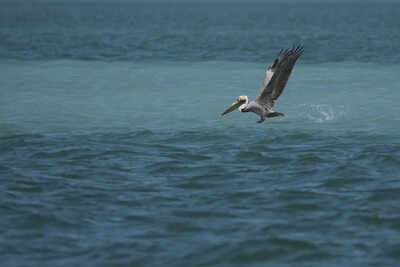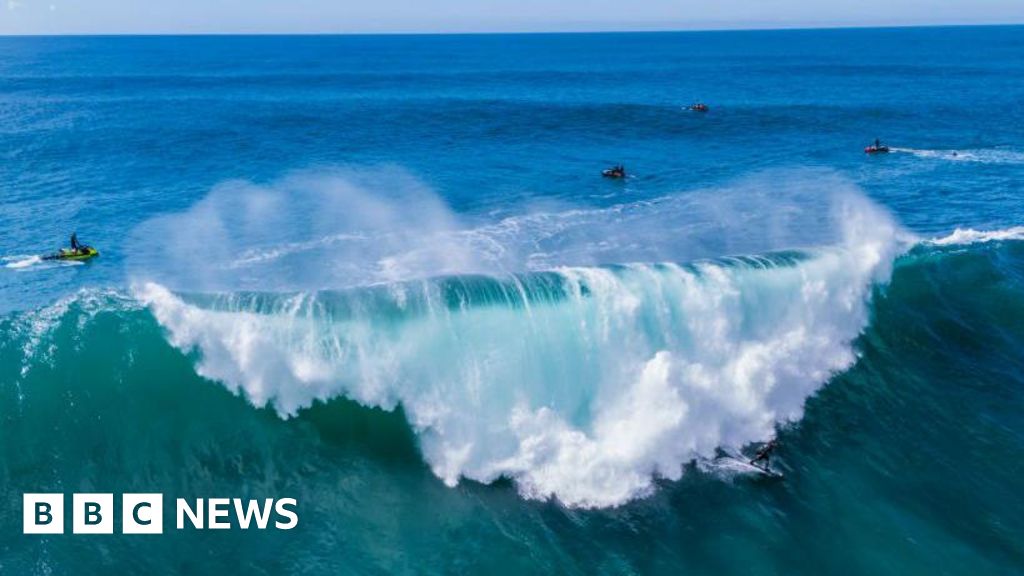Record Low Arctic Sea Ice Signals Geopolitical Tensions and Climate Crisis

Climate change is making headlines once again, with recent reports indicating that Arctic sea ice has reached a record low for the end of winter. This alarming development, noted by the European Union's Copernicus Earth Observation Agency, occurred last month and serves as a stark reminder of how climate change is reshaping the Arctic region. The data reveals that March marked the fourth consecutive month in which sea ice levels hit record lows for that specific time of year, based on a comprehensive 47-year satellite record.
The implications of these changes are significant, particularly as military and commercial vessels, especially from Russia, ramp up their operations in this once-icy expanse. Experts predict that parts of the Arctic may become ice-free during the summer months within the next decade, a development that is already attracting attention from countries keen on military prowess and resource exploration. Rebecca Pincus, a former director of the Wilson Centerâs Polar Institute, emphasized the growing navigation season, stating, âThe trend line is one direction.â This suggests that as ice diminishes, opportunities for shipping and resource extraction will undoubtedly increase.
The report also highlights that sea ice cover was 6 percent below the average for Marchâa month typically characterized by the end of the Arctic winter and the onset of the melting season, when ice reaches its maximum annual extent. The alarming rate of warming in the polar regions is significantly outpacing the rest of the globe, a phenomenon fueled by a negative feedback loop. When ice melts, darker ocean waters are exposed, which absorb more heat compared to reflective ice surfaces, further exacerbating global warming.
Samantha Burgess, deputy director of the Copernicus Climate Change Service, noted that the Canadian Arctic and both the west and east coasts of Greenland experienced âmuch warmer than averageâ temperatures last month. The Sea of Okhotsk and the Barents Sea showed notably reduced ice coverage, raising concerns about Russia's reactivation of its Cold War naval bases along the Barents Sea coastline. This militarization of the Arctic underscores the geopolitical implications of a changing climate.
Interestingly, the Antarctic region is not entirely immune to these shifts. While melting is occurring at a slower pace than in the Arctic, the sea ice in Antarctica has reached its fourth-lowest level for March, according to the latest findings from Copernicus. These changes in polar ice caps reflect a broader trend of rising global temperatures, with March recording the second highest global land and sea temperatures. Notably, Europe has seen unprecedented warmth, breaking records for land temperatures during this time of year.
Burgess pointed out that the combination of heat and erratic rainfall patterns has resulted in some of the wettest and driest conditions ever recorded in March across different regions of Europe. As the world grapples with these extreme weather events and the implications of a warming planet, the urgency for comprehensive climate action has never been more critical.


























